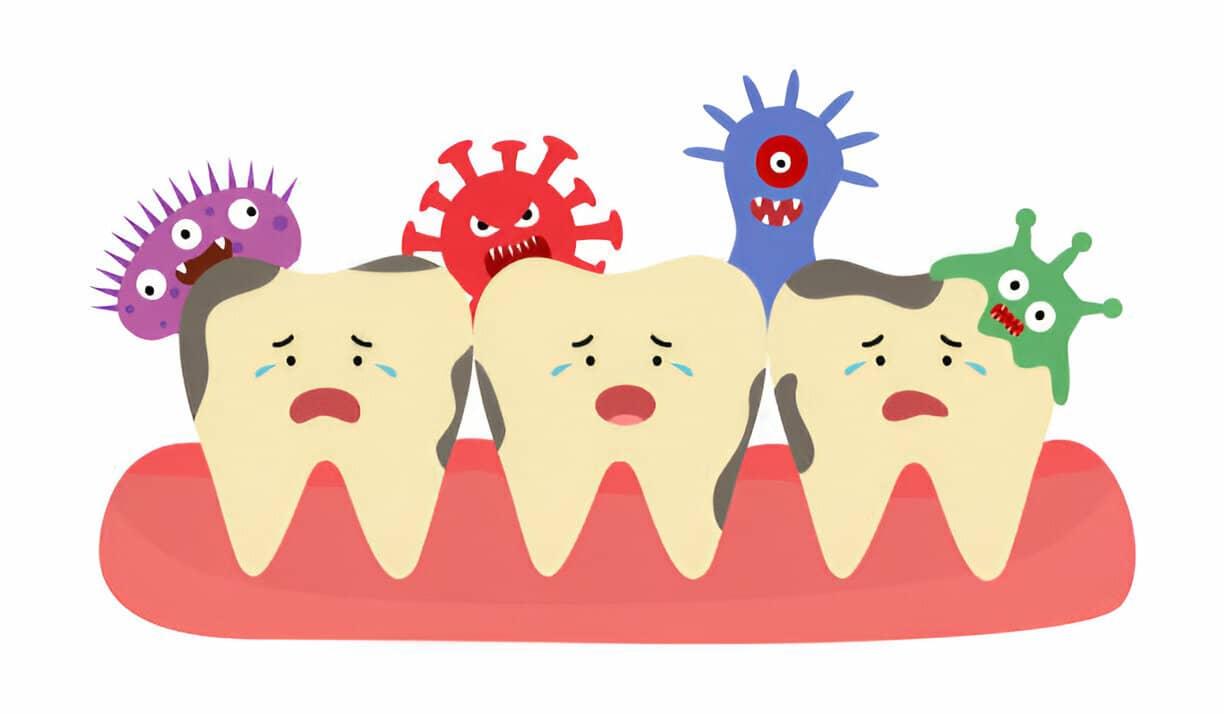
Tooth infections are not only painful but can also be dangerous if left untreated. If bacteria reach the inner pulp of your tooth, it can cause swelling and pus buildup and even lead to severe health issues. If you’re experiencing symptoms such as severe toothache, swelling, or fever, it’s crucial to contact an emergency dentist in Lethbridge immediately for proper care.
Home remedies will temporarily ease the pain, but they can never pull the infection out of the tooth totally. Professional dental care alone can remove the infection without being harmful and prevent it from spreading to other parts of the body.
What Causes a Tooth Infection?
Tooth or dental abscess most often develops when bacteria infect the tooth through deep cavities, cracks, or gum disease. The infection then moves into the roots and root-associated tissues, leading to pain and swelling. Without attention, the infection may cause:
- Facial pain and swelling of the jaw
- Fever or general tiredness
- Pain on chewing or biting
- Infection of other areas of the body
For effective and safe care, a visit to a dental clinic in Lethbridge is most recommended.
What Relieves Swelling Due to a Tooth Infection?
Inflammation of an infected tooth is your body’s reaction to infection. Although you can’t get rid of the infection yourself, you can maybe reduce pain by following the following habits:
- Use an ice pack on the swollen area for 10 – 15 minutes.
- Gargle with salt and warm water to kill bacteria.
- Take over-the-counter painkillers as instructed by your dentist.
If you’re wondering how to get rid of a swollen face from a tooth infection, these steps can provide temporary relief, but you’ll still need a dentist to drain the infection and treat the root cause.
Why Not Drain a Gum Abscess Yourself?
Others look for other ways on how to drain a gum abscess at home, but it is not safe and very much not recommended. Puncturing or incising the abscess may:
- Disperse infection into deeper tissues.
- Cause more inflammation and pain.
- Aggravate the infection and prevent proper treatment.
The abscess is drained safely by the dentist, antibiotics are given, and any procedure that might be required, such as root canal treatment or extraction, if required, is done.
Which Professional Treatments Remove Tooth Infection?
Your dentist will have a combination of treatments to eliminate the infection:
- Root Canal Therapy: Eliminates infected pulp and closes the tooth.
- Tooth Extraction: When saving the tooth is not possible.
- Antibiotics: To manage the infection before or following treatment.
How to Prevent Tooth Infections in the Future?
Prevention is always preferable to cure. To prevent dental abscesses, take the following precautions:
- Brush and floss daily.
- Visit a dental check-up every six months.
- Avoid ignoring small cavities or gum problems.
- Limit sugary foods and drinks.
Stop Tooth Infections Before They Get Worse – Book Your Visit Now!
Don’t risk your health to an infection of the tooth. Professional treatment only is safe to treat and eliminate dental infections. Call Stafford Family Dental today to have your emergency appointment scheduled and receive professional attention for a healthy, pain-free smile.
